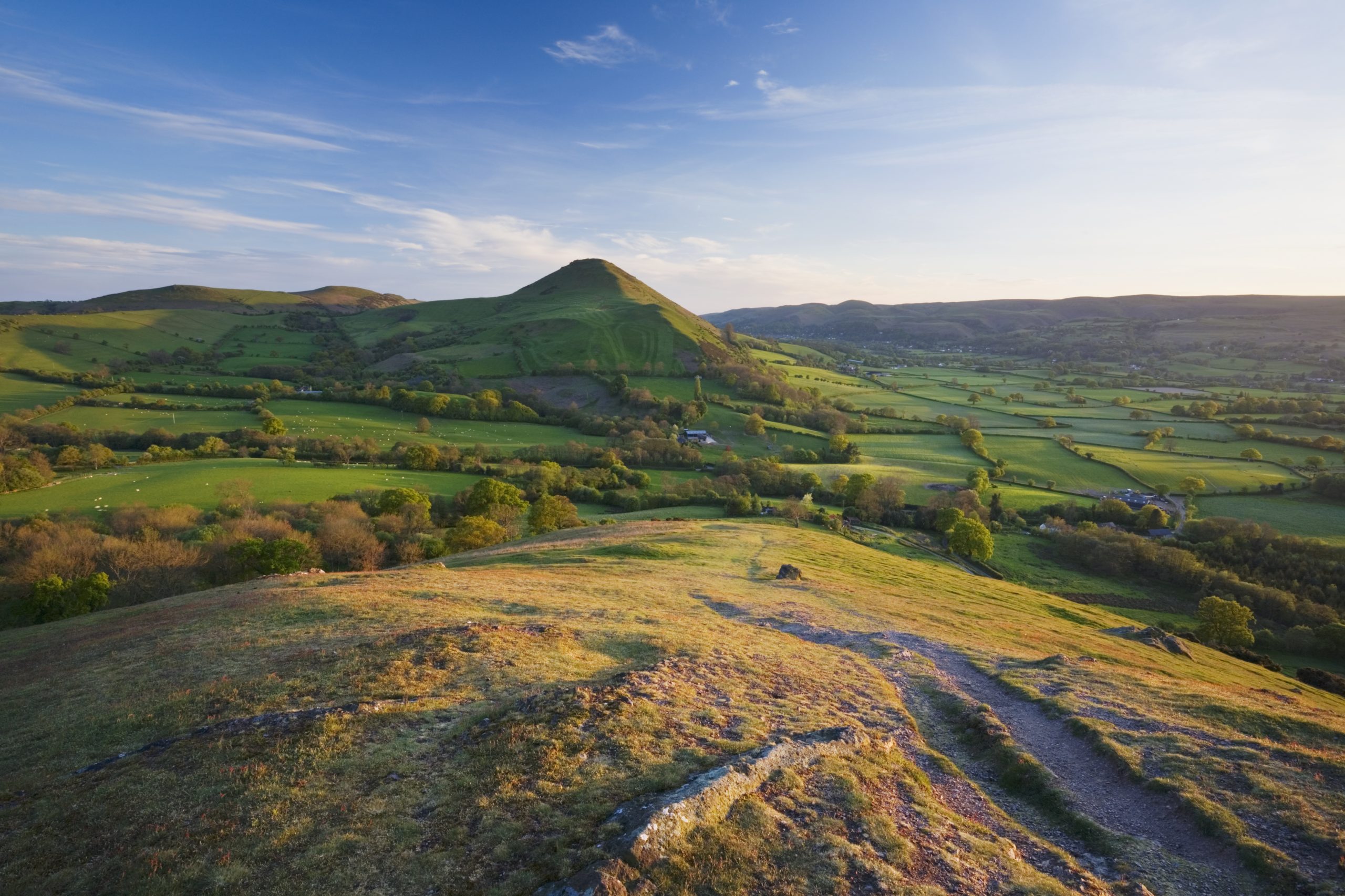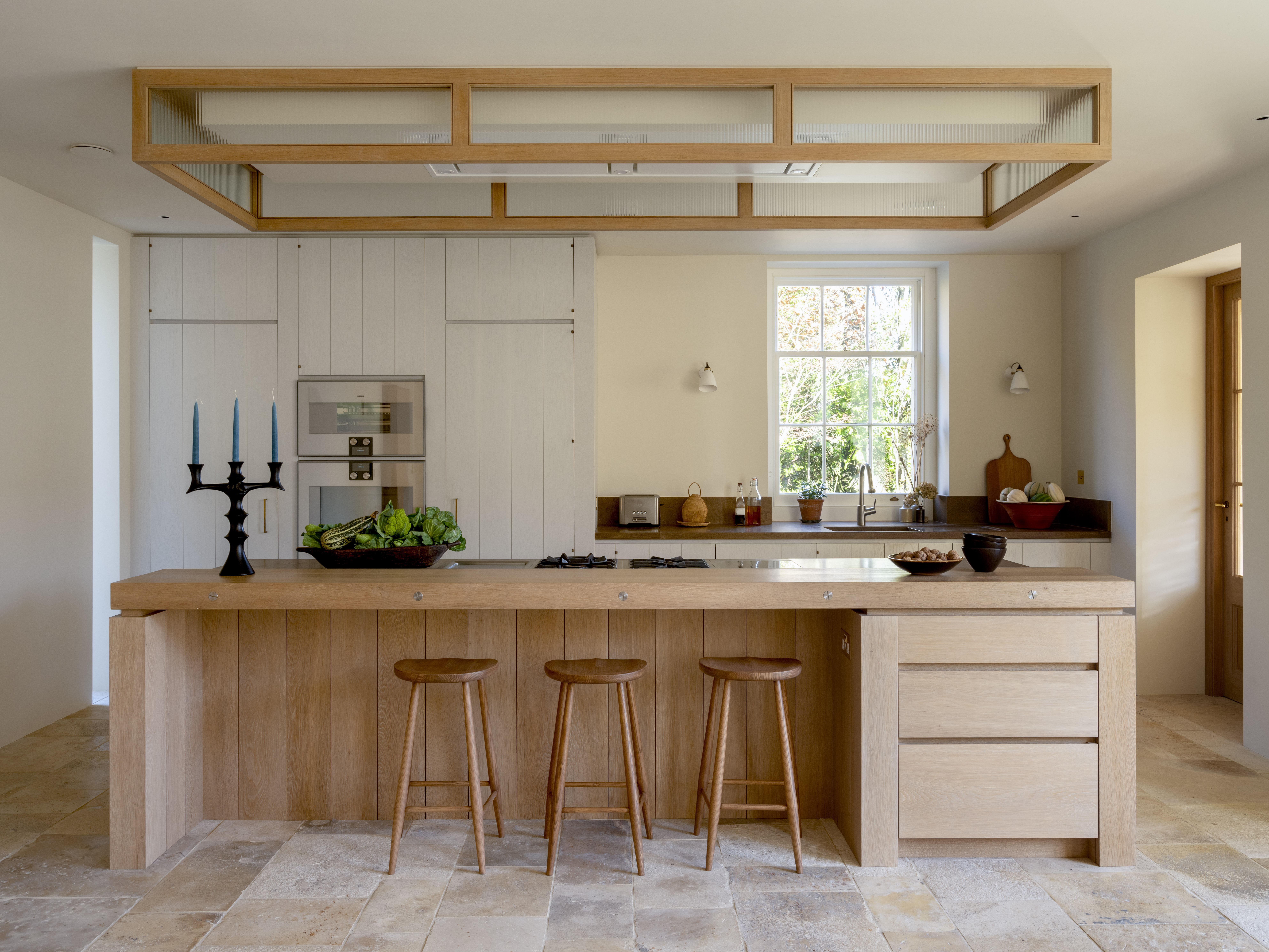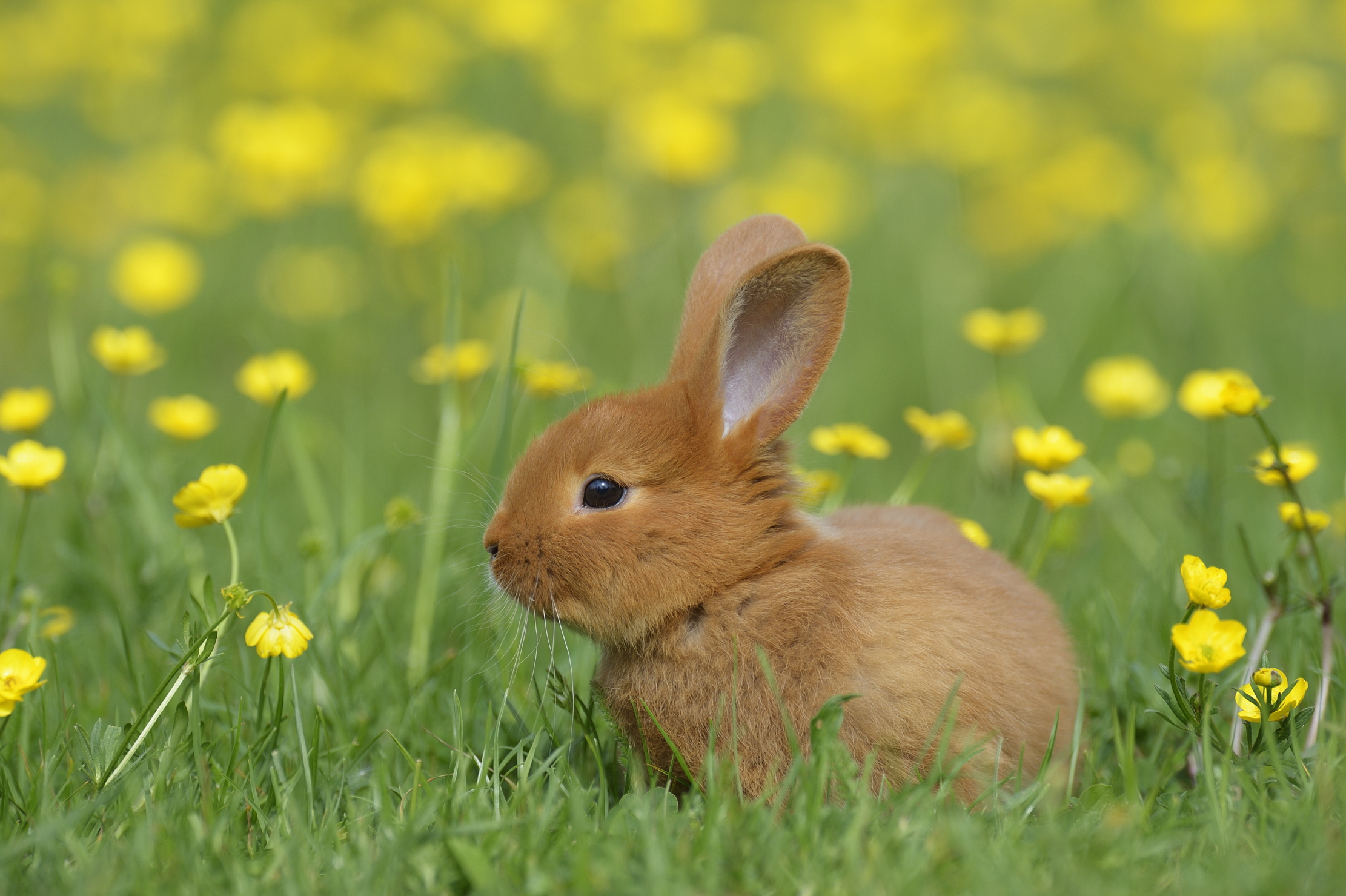'There are whole fields that are 100% taxpayer funded NOT to grow crops for people to eat'
Former NFU President Minette Batters has entered the House of Lords as Baroness Batters, giving her a new perspective, and a new opportunity to find ways to help British farming.

As part of the Government’s Sustainable Farming Incentive, we have planted cover crops into barley stubble. It’s a seed mix of grasses, clover, winter pea, turnips, radishes, vetch and triticale. It will be great for improving soil health, as well as acting as a green carpet to bind the soil together and keep it in the field, which is ever more important with the increasingly wet weather we’re experiencing. It will also be extra fodder for the cows over the winter as they graze it down, adding their own manure; this builds the soil biology that is all part of the fundamental carbon cycle of life. The little plants are growing well. I’m watching them like a hawk for signs of slugs and the dreaded flea beetle, which loves to attack turnip shoots. Fingers crossed, we’re nearly out of the danger zone.
As I marvelled recently at the eye-watering price purported to have been paid for Deliciously Ella, the vegan food brand sold to Swiss group Hero, I couldn’t help but feel saddened at the continuing wilful neglect of the growers who produce the fruits, vegetables, pulses, lentils and grains that make these premium vegan foods. I applaud Ella Mills and her rise to fame and fortune, but we cannot keep thinking these raw ingredients can, or will, continue to be produced for such a small return. Right now, there are whole fields across the country that have been 100% taxpayer funded not to grow crops for people to eat. There is no public investment available for those growing food for human consumption, vegetables such as cauliflower, broccoli or cabbage. Meanwhile, at the Labour Party conference, when it’s peak apple season here in the UK (see box), they were handing out free apples from New Zealand.
On September 10, I became a fully-fledged member of the House of Lords. This basically means that I’ve been ‘introduced’ and given the all-important pass. It would be fair to say that not much has changed in the House since 1801, but throughout this extraordinary, archaic process there has been constant support from some amazing people.
"For as long as I am fit and able, I will endeavour to connect those that run our country with the people that farm the land and produce our food"
The logistical challenge of getting my family from Dorset and Wiltshire into London was an interesting one. In the end, they settled for a minibus, which dropped them right outside the Peers’ entrance. Parliament security is tight; every bag and item has to go through an X-ray machine. By all accounts, my mother’s hazelwood thumbstick, cut on the farm more than 40 years ago, caused a few raised eyebrows. It was handed back to her, having been scanned, with a ‘careful where you go with that, now’. Security was clearly wondering if Mum was a modern-day ‘The Lord of the Rings’ Gandalf.
The introduction ceremony went relatively smoothly, although it’s a long time since I’ve felt so nervous. My two supporting peers, the former MP Nicholas Soames and the Duke of Wellington, led the way into the Chamber. As we left, I muttered to Lord Soames that I hadn’t been so terrified since riding a horse on its first time out in a point-to-point, many years ago. He smiled and said: ‘You will be fine.’ I handed over my writ, which was read out by the Clerk, then took the oath. As is customary, when I left the Chamber, I shook the hand of the Lord Speaker.
The Speaker is seated on the Woolsack, a large square cushion covered in a red cloth. In 1938, it was re-stuffed with a blend of wool from Britain and the other wool-producing nations of the Commonwealth. It’s thought that the Woolsack was first introduced in the 14th century to reflect the economic importance of the wool trade in England. An irony of today’s world is that a product that has truly shaped our country’s culture and economic prosperity is now nearly worthless. Starting with my maiden speech, and for as long as I am fit and able, I will endeavour to connect those that run our country with the people that farm the land and produce our food.
A few pictures with friends and family, and I was ushered back into the Chamber with the Duke of Wellington to sit on the cross benches. The Duke is highly regarded by all sides of the House. He doesn’t speak often, but commands respect when he does. Lord Soames, grandson of Sir Winston Churchill, joined us for tea. He is a remarkable man who has given well over 40 years of public service to our country and was a great support to me during my time at the NFU. When Boris Johnson was refusing to see me, it was Lord Soames who helped, demanding that a meeting must happen. Within a month, I was summoned to Mr Johnson’s office in the Commons, the first of many similar engagements.
Sign up for the Country Life Newsletter
Exquisite houses, the beauty of Nature, and how to get the most from your life, straight to your inbox.
Baroness Minette Batters is a crossbench peer and a former NFU president. She runs a beef farm and rural business in Wiltshire.
Toby Keel is Country Life's Digital Director, and has been running the website and social media channels since 2016. A former sports journalist, he writes about property, cars, lifestyle, travel, nature.
-
 Designer's Room: A solid oak French kitchen that's been cleverly engineered to last
Designer's Room: A solid oak French kitchen that's been cleverly engineered to lastKitchen and joinery specialist Artichoke had several clever tricks to deal with the fact that natural wood expands and contracts.
By Amelia Thorpe
-
 Chocolate eggs, bunnies and the Resurrection: Country Life Quiz of the Day, April 18, 2025
Chocolate eggs, bunnies and the Resurrection: Country Life Quiz of the Day, April 18, 2025Friday's quiz is an Easter special.
By James Fisher
